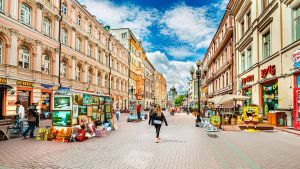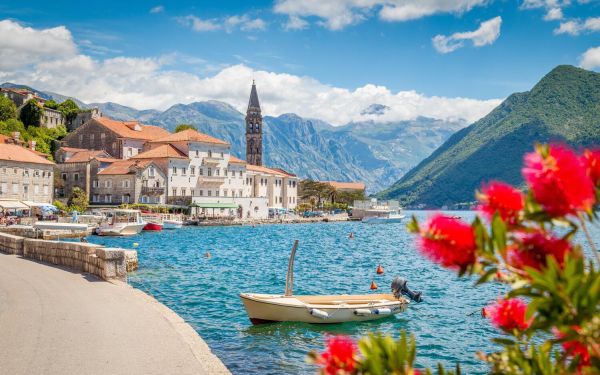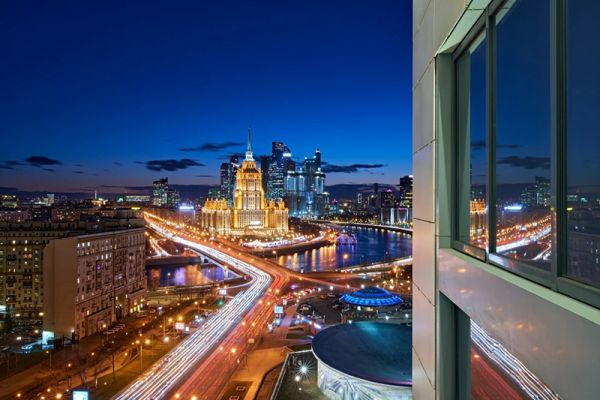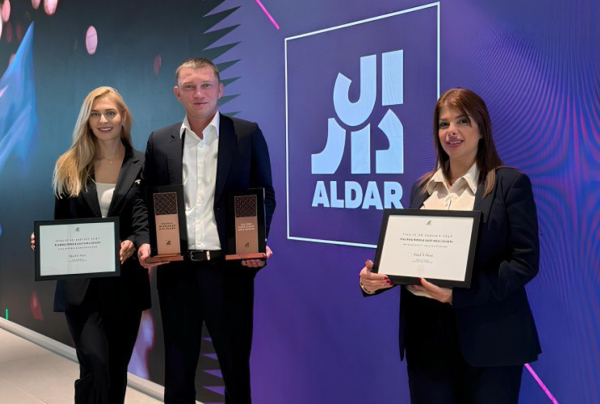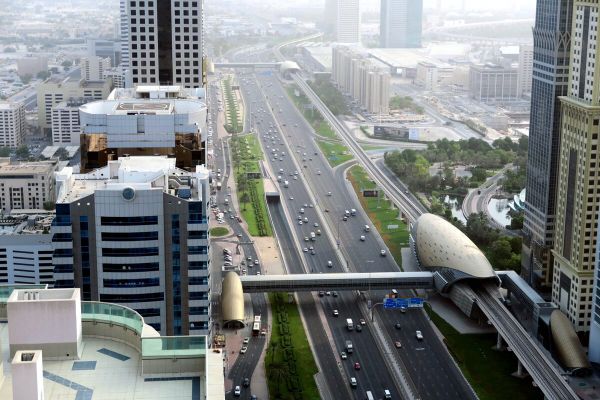Employees in Russian companies are not ready to relocate along with the offices.
From Moscow to St. Petersburg
The relocation of companies from Moscow to other cities is rare. More often, regional players move to the capital. However, in 2008, the Constitutional Court of Russia moved from Moscow to St. Petersburg, and the Supreme Court is next in line. One of the most well-known examples in recent years is the relocation of Gazprom. However, the building on Nametkina Street in Moscow will remain under the company's ownership. The offices of the holding's subsidiary companies will move there, as well as Miller's reception and so on. In St. Petersburg, the 86-story Lakhta Center complex will be completed in 2018, and for now, the gas monopoly occupies space in leased business centers, including the Class A Fort Tower on Moskovsky Avenue.
According to Interfax, on March 17th, Miller announced that two-thirds of Gazprom's administration had already moved to St. Petersburg, and the remaining administration would move soon. This is a significant and desirable client for the real estate market in St. Petersburg. Marina Shekera, the Director of the Rental Department at Penny Lane Realty, says that this corporation usually did not rent accommodation for its senior employees but owned apartments for top managers near its offices. It is likely that, as in the capital, apartments will be purchased for top management in St. Petersburg. As for regular Gazprom employees, they independently resolved the issue of renting apartments in the capital. As reported by Vedomosti, the departments responsible for construction and procurement were the first to move to the northern capital in 2013. As a relocation allowance, employees who agreed to move were given an additional two to three monthly salaries for housing rent.
Rental rates in St. Petersburg are lower than in Moscow. For example, a 220 square meter apartment with high-quality finishes in the city center would cost 400,000-500,000 rubles per month, whereas a similar level apartment in Moscow, not necessarily in central areas, would cost at least 800,000 rubles per month, as stated by Rumyantseva.
A Drop in the Ocean
According to Anastasia Mogilatova, the CEO of Welhome, more apartments have recently appeared on the rental market around the "Novye Cheryomushki" metro station, with prices ranging from 70,000 to 200,000 rubles per month. It is traditionally believed that the main tenants in this area are Gazprom employees and its subsidiary structures. However, realtors say that the departure of prestigious tenants did not cause an oversupply and a decrease in rental rates in this area; renters quickly found tenants for the available housing. Mogilatova explains that there are many business centers located in the Southwest District, such as Cherry Tower, Lotte Plaza 2, 9 Acres, Gas Field, Gazoil Plaza, Smart Park, Neo Geo, and others. Moreover, since the subsidiary companies' offices are moving to Gazprom's headquarters, they also need somewhere to live, preferably near their offices.
Zhukova from Miel-Rent believes that corporate relocations cannot affect the rental market in Moscow. According to her calculations, 200,000 flats are rented/sold annually in the capital. Even if 150 or 1000 employees of a particular company rented accommodation in Moscow and now it is being vacated, it is still a drop in the ocean compared to 200,000. In addition, the relocation of a large company takes a lot of time. Zhukova shared that one large company, which was opening its head office in Moscow, turned to Miel-Rent for assistance in finding housing for its employees. The work started in February 2016 and is still ongoing, as the employees of this company are still moving from another city.
In St. Petersburg, the situation is similar, continues the Director of Miel-Rent. "Even if 1000 people suddenly start looking for a place to live, considering the available stock of housing for rent, it will not fundamentally change the market," she says.
Read also
Stay up to date with the latest news
We promise to send only interesting and important articles.

